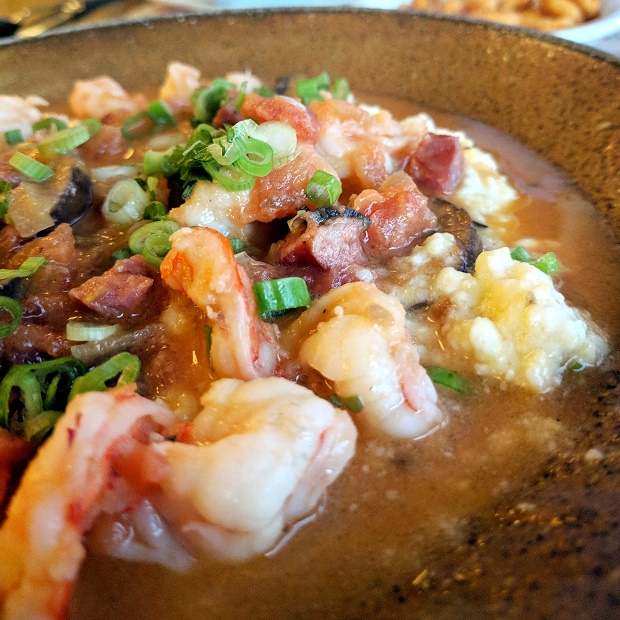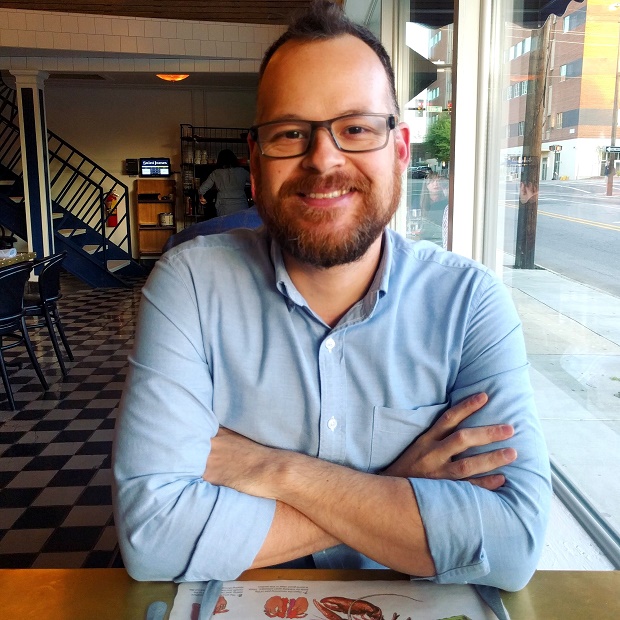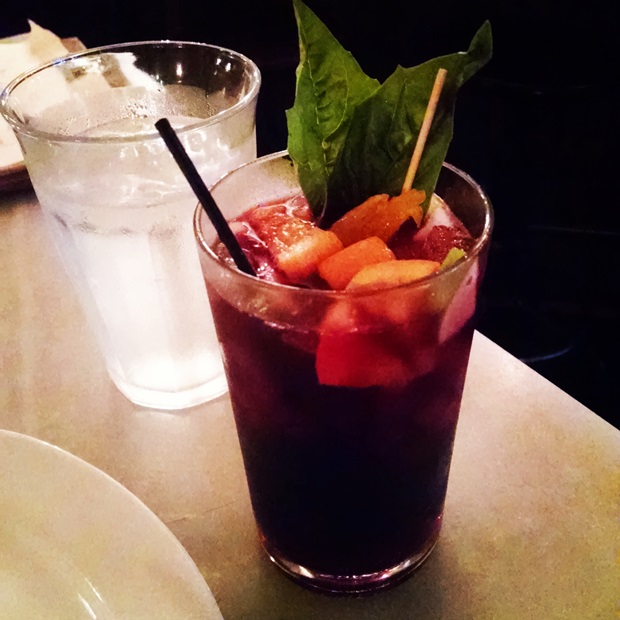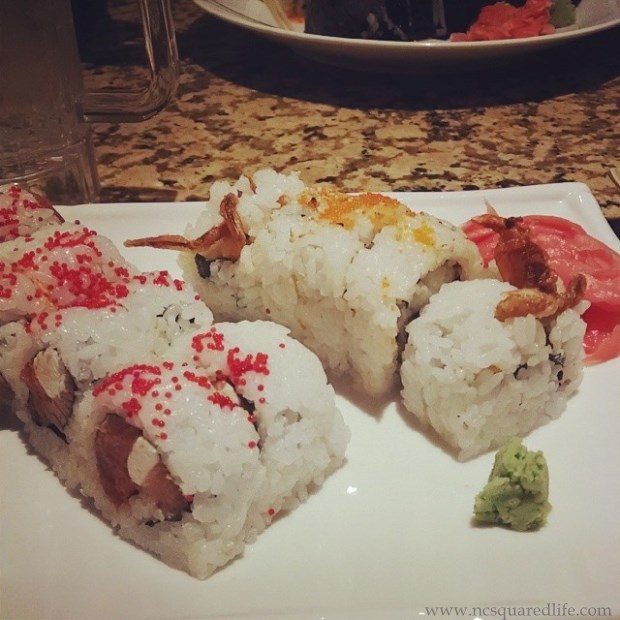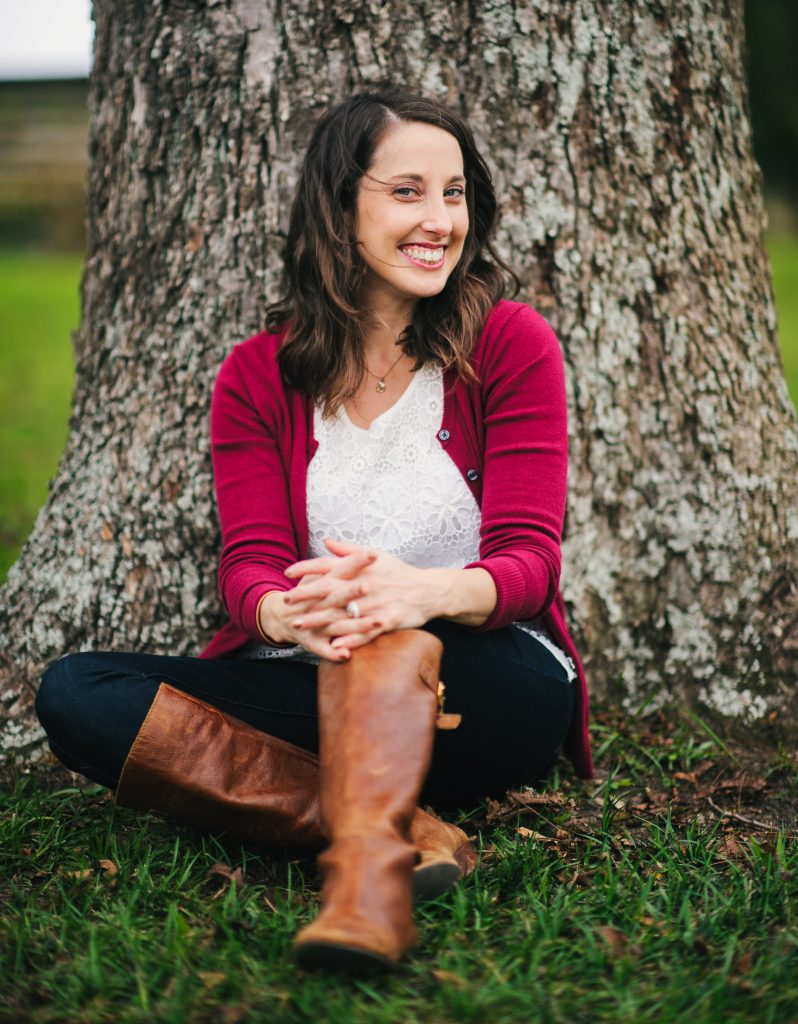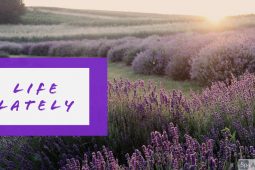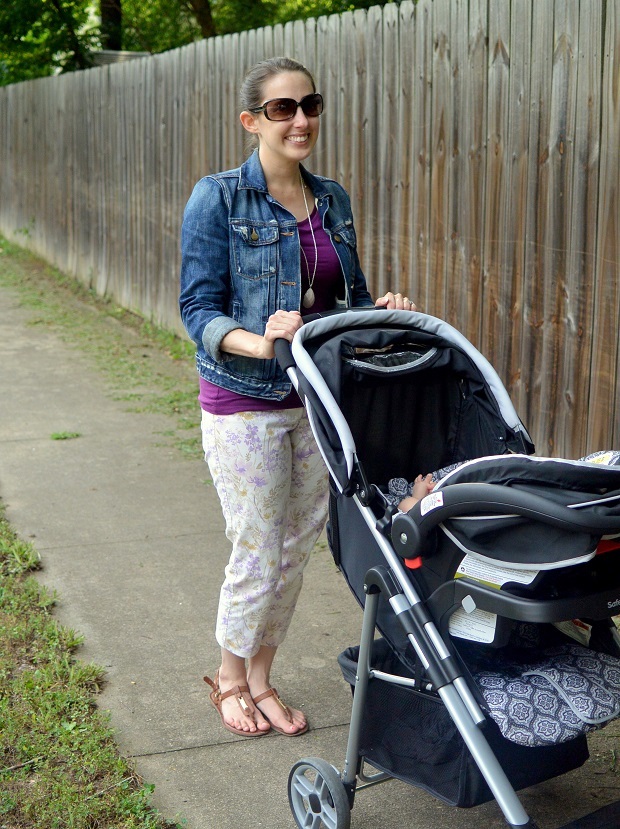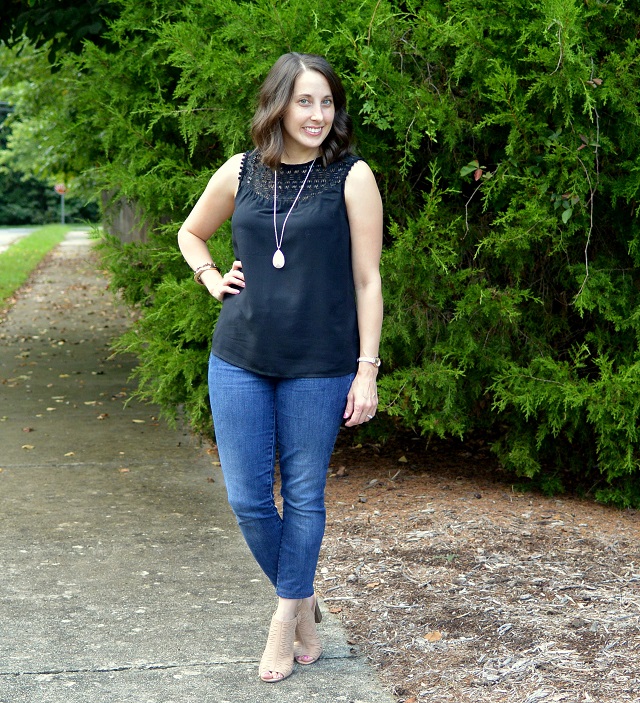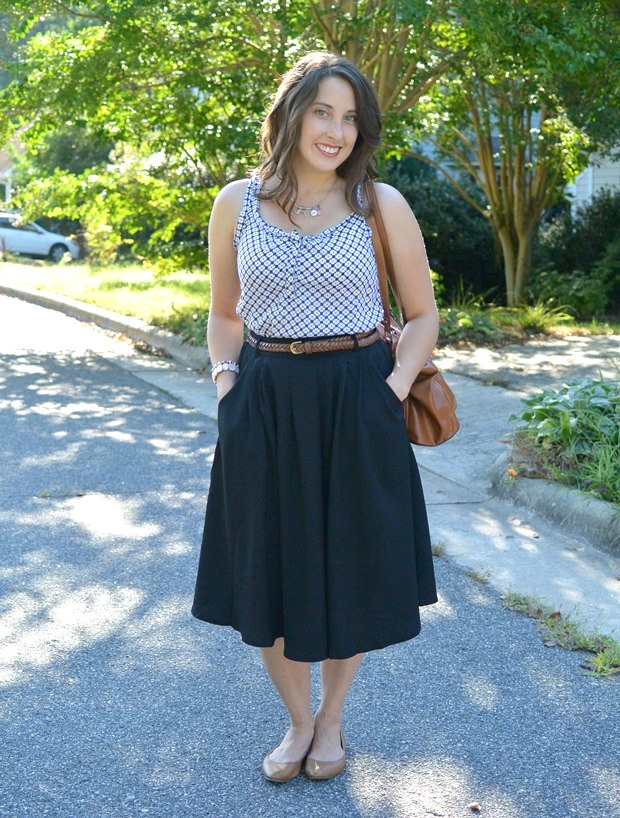Spoiler: It lasted less than a week!
Nick and I have been feeling like we need to make a change in our lives. We’re not at our best and the way we eat is partially to blame. We wanted to try Whole30 because we were attracted to the idea of completely resetting our eating habits, cravings, and mindset around food.
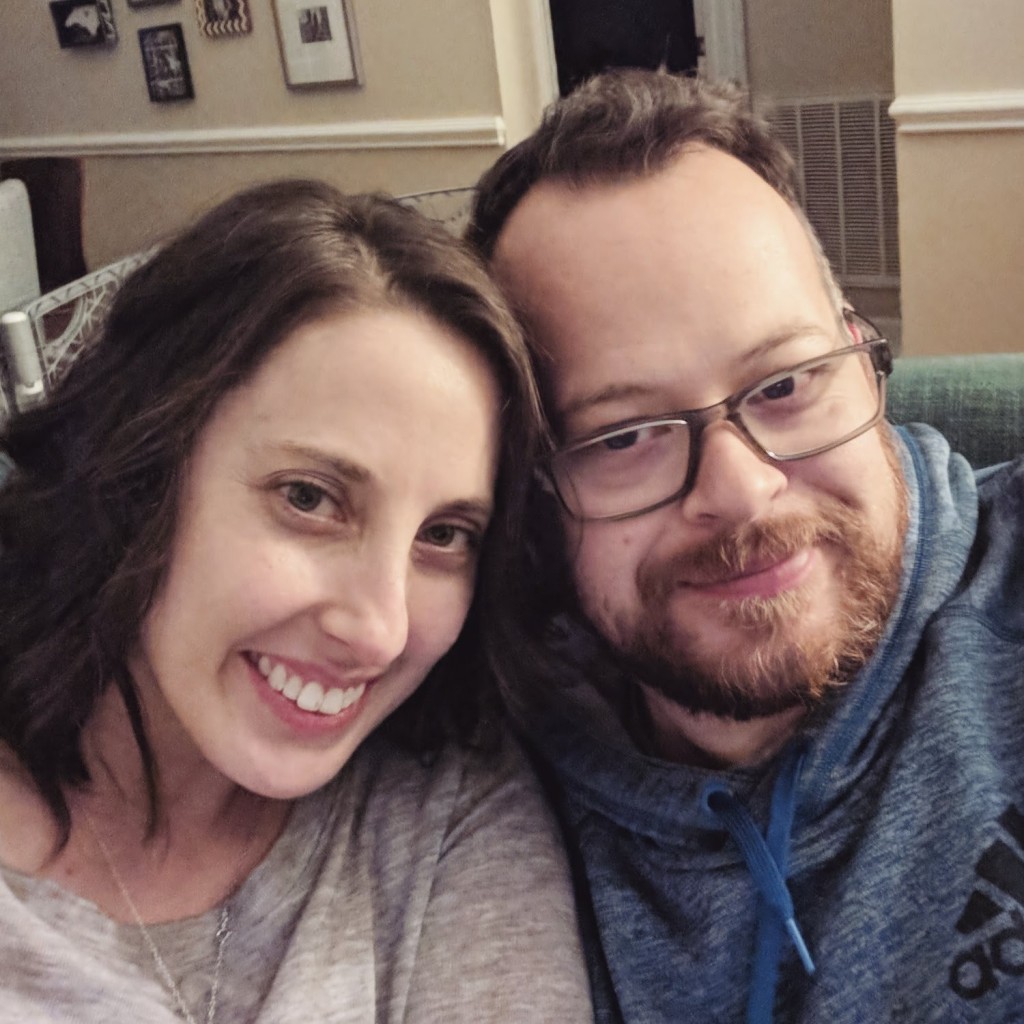
If you aren’t familiar with Whole30, it’s an elimination diet. You take a 30-day challenge to cut out certain foods from your diet in an effort to potentially reduce the negative health impacts some of these foods cause, as well as to examine and reset your way of eating. You CAN eat lean meats and seafood, lots of vegetables and a little bit of fruit, and healthy fats and nuts. You CAN’T eat sugar, alcohol, grains, dairy, legumes, soy, carrageenan, MSG, sulfites or processed junk food.
We were hoping to lose a little weight but, most importantly, we wanted to gain more energy, to improve our eating habits, and to feel better overall. I’ve read stories from people who have cut out sugar – just sugar – from their diet and claim that their energy levels shot up exponentially. Like, they don’t even have to press snooze on their alarm clocks in the morning; they just wake up all bright-eyed and bushy tailed. That’s the level of energy I need in my life, especially when I have to keep up with a toddler all day. So, we did a little research and started our 30-day journey on a Monday. It was over by Thursday evening. The main reason is because we went to dinner for Nick’s birthday where we had made reservations well in advance of starting this diet. It was delicious seafood and neither of us felt like denying ourselves a birthday celebration.
So anyway, here are my thoughts on the whole thing.
Sugar is everywhere and in everything
The biggest eye opener for me was the amount of sugar in foods that shouldn’t even have sugar in them. When you learn all the names for sugar (dextrose, cane sugar, glucose, corn syrup, etc.) and start reading labels, you realize it’s everywhere and in everything. One meal I had planned for the week was a sweet potato hash with ham. Simple enough. But I could NOT find a ham that wasn’t cured with some form of sugar. Mayonnaise has sugar in it. Packaged potatoes have sugar in them. My coffee has sugar in it! Okay, that one is because I put it there, but you see where I’m going. Look, I have a degree in public health so I know that sugar has become a big problem in American diets. But I naively thought that was because folks were drinking Starbucks coffees with sugary syrups, or that they were eating sugary cereals instead of “healthier” options, or eating too much processed foods. What I didn’t realize, as I mentioned, was how sneakily sugar has been added to things that didn’t even need sugar, like potatoes. Holy crap! Really reading and understanding labels has kind of changed my life.
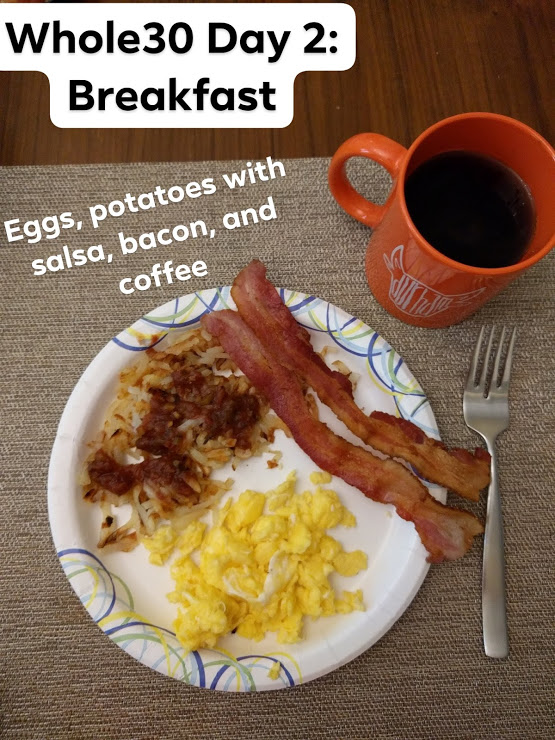
We actually found a Whole30-approved bacon that didn’t have any sugar in it.
The preparation
I did as much research as I could and planned our first week of meals. The first day was fairly easy. At lunch, I had a big tuna salad with spinach, tomatoes, onion, carrots, and avocado. I made a simple vinaigrette with olive oil, lemon juice, dijon mustard, salt, and vinegar. Pretty delicious. I was feeling really smug with myself until I made Sebastian’s lunch. He had a grilled cheese, and as soon as I saw that gooey, melted cheese on toast, my craving for it went into overdrive. Then he didn’t even want to eat much of it! Normally I would finish what he didn’t eat, so it took every bit of willpower I had not to eat it. Then that evening, after dinner, I really wanted a chocolate chip cookie and a glass of wine. To satiate my sweet tooth, I had some figs and that did the trick.
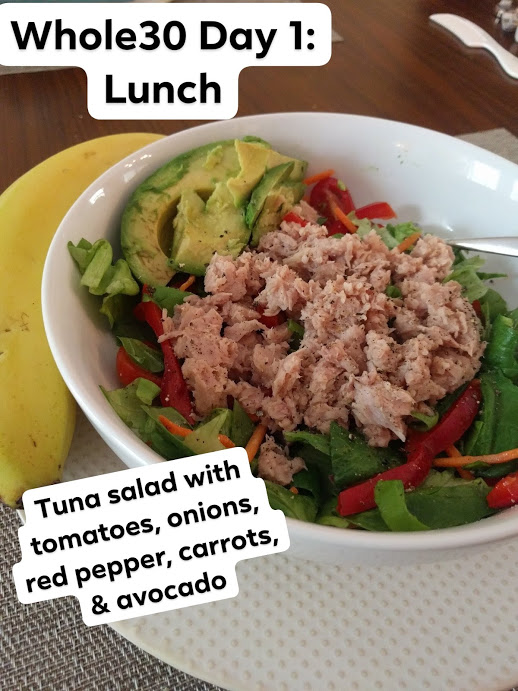
Final thoughts
I’m putting on my public health hat and jumping on my soapbox for a moment: Something that really struck me negatively – and really turned me off to the whole thing, whether out of spite or principle – was what the author and creator of Whole30 said in her book:
“It is not hard. Don’t you dare tell us this is hard. Quitting heroin is hard. Beating cancer is hard. Drinking your coffee black Is. Not. Hard.”
BUT HERE’S THE THING: Eating healthy foods is often VERY hard and it’s okay to feel like it’s a difficult task. And that’s not just because you don’t like the taste of broccoli. Research has shown that sugar activates the same pleasure centers as cocaine. COCAINE is a drug. Drug addiction is, by the author’s own admission, very hard to overcome. Why would food addiction – which is essentially what our nation’s use of sugar has become – be any less hard? Many people in the U.S. live in food deserts, usually impoverished areas void of fresh fruit, vegetables, and other healthy foods due to a lack of grocery stores, farmers’ markets, and healthy food providers. This includes many rural areas. So, in this case, eating healthy is hard. Eating healthy in the U.S., and being able to partake in diets like Whole30, often require a lot of privilege and money. If it were easy, there would be many more cheap and available options for purchasing fresh foods, but there simply isn’t always an easy way. So, yes, it is hard. And I have a degree in public health. Fight me.
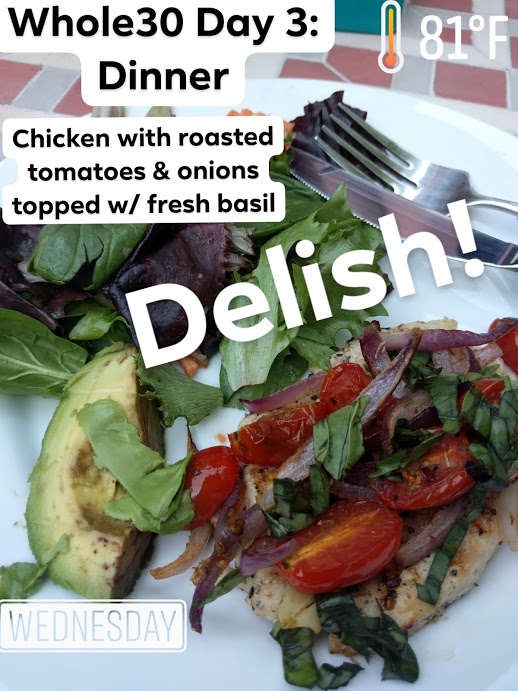
This is a meal we would have eaten prior to Whole30. It really was delish. It has plenty of basil on it, which is my favorite flavor in the world.
BUT as for the diet itself and my go at it: I lacked the discipline to eat this way for 30 days, partially because I’m anemic and needed iron sources other than red meat and spinach (so I went back to eating beans and other legumes) and partially because I don’t have a problem with eating milk and bread. Yes, I lost about 4 pounds in the 4 days I was doing Whole30, but I’m not entirely sure that’s healthy given my small stature and the fact that I’m still breastfeeding. I’m a little disappointed in myself that I couldn’t see it through, but I’m also not that worried about it. I have a good relationship with food and I’m healthy. That’s ultimately my end goal.
Have you ever tried the Whole30 diet? How did you do?




